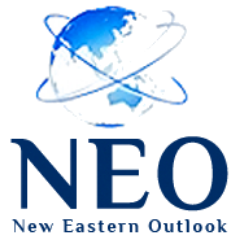With Pakistan Ending Up on the List of US Enemies, One Can’t Help but Wonder Who’s Next?
The state of bilateral relations between the US and Pakistan which used to be one of the most faithful allies of Washington, remains in a rather sorry state after US President Donald Trump’s insulting New Year’s tweet which left Islamabad thoroughly outraged. Specifically, Trump chose to make his first post in 2018 about Pakistan, noting that:
